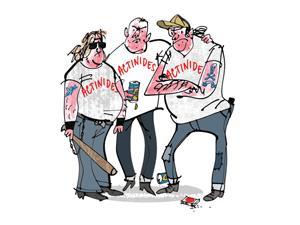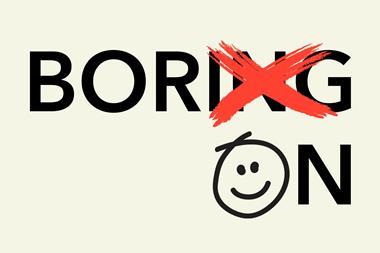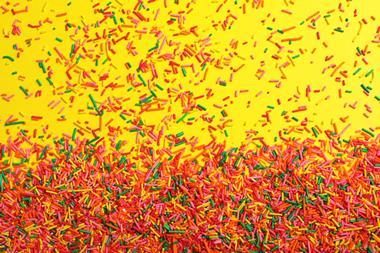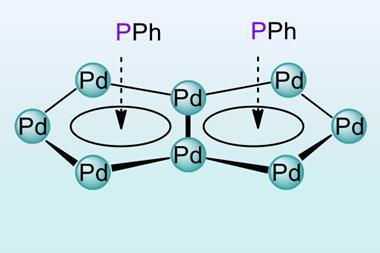Sometimes the simplest question can be the hardest to answer
‘What’s your favourite element?’ I’ve lost count of how many times I’ve asked or been asked this question. It’s a common enough topic for a chat with fellow chemists over tea (or something stronger), and sometimes a tongue-in-cheek enquiry from non-chemist friends, tickled at the idea of somebody having a favourite among the esoteric symbols on the periodic table. I’m sure plenty of you reading this have your own favourites, or have been chewing over a few candidates since you read the headline.
But what’s mine? It saddens me to admit that nothing immediately springs to mind. I have other perfectly rational and irrational partialities when it comes to compounds, glassware and even space groups, but not elements.

As with any exercise listing your favourites, the answer can say a lot about you in other people’s eyes and your choice must be careful and considered. Extending my imagination to the periodic table, how do the candidates look? The lanthanides are arrayed like soldiers, uniformly sloping arms with their +3 oxidation states – but they’re too uniform, and their f-orbitals too diffuse to form pretty compounds and be loved. It’s hard to warm to the fleeting and threatening heavy boys of the table, the actinides. Who would choose a noble gas when there are other elements happier to share their electrons with you?
Across to the transition metals, surely one will stand out from the crowd. Many-handed manganese, a chemical Kali. Chromium, at once bright yellow pigment and a shiny silvery metal. Iron, cobalt and nickel, the heavy-lifting workhorses. The prestige, value and sheer good looks of the coinage and precious metals make them hard to resist, but I think they must be resisted for that reason alone. We wouldn’t choose our friends based on their wealth or looks, would we?
In a similar vein, only the superficial and easily excited would choose the flashes and bangs of group one and two metals; I like to think I’ve grown up since the glow of magnesium and the fizz of lithium first came into my life.
Perhaps the p-block will provide. Is carbon – the Beatles of the elements – too ubiquitous, too obvious, too boring a choice? As an inorganic chemist, I have to say yeah, yeah, yeah. The choice of fluorine is reserved as a badge of honour for those who use it in all its reactive splendour, and I’m not one of them. I know organometallic chemists who can’t imagine life without phosphorus and its tell-tale NMR spectra, but again I belong to a different tribe. I did work with pure sulfur and selenium, but my relationship with them is ambiguous: too smelly, too nasty.
Now I’m running out of elements and space to write. A quirky choice would be boron, the brother of carbon. Like many brothers, they’re so similar yet so pointedly different – the weird and wonderful bonding serving as a reminder to organikers that bonds aren’t just black lines in ChemDraw.
I think I’ll have to go with my gut and my first answer, but turned on its head: I can’t single out one, because they’re all too remarkable in their own way.












No comments yet